Let’s start off with your name. Your Director’s name is Michael Eldon Lobsinger but I hear students calling you Mel a lot.
Yeah, they do. Anyone can, really. I give students an option to call me Michael or MEL. Mike is fine too. That all started back when I was mentoring film students at the PBFS. I would write my full name – my director’s name – on the classroom board and I guess a few students put the initials together and just started calling me MEL. I remember telling them, “Who’s Mel?” Anyway, I didn’t mind it at all, so it kinda stuck from there. I just don’t want students calling me Professor or Mr. Lobsinger or… I mean, even at 62, that just doesn’t sit with me well – never has.
What got you into film?
Well I’ve always been a movie buff since I was a kid. I think I was definitely inspired by Steven Spielberg’s Jaws back in the early 70’s, and then it was those Clint Eastwood’s Dirty Harry movies. I always loved going to the movie theaters, still do. When I got older – much older – I realized I wanted to be director; a filmmaker. And I remember thinking, now, how will I ever do that? Well that didn’t happen ’til I was 47 when I enrolled, and graduated from Jim York’s former filmmaking school, The Palm Beach Film School (PBFS), back in 2007. So, after being hired as a production manager at the same school I graduated from, I later decided to change careers and do the dream. I worked for a civil engineering firm for over 25 years and was just done with it. So, becoming a part time production manager and mentor at the PBFS, all the while working freelance as a cinematographer was my gig. And, I continued to direct and film other projects – music videos, documentaries and short films.
I’ve been in the biz for over 15 years, but, even now, going through all the ups and downs – and let me tell you, there are plenty of those – but, I like knowing that I still have the same crazy passion for filmmaking today. And I love seeing that same passion in the eyes of my film students. Before the film bug bit me, I finally got the nerve to do community theater when I turned 40 – six years working backstage and performing on stage. That finally led me to befriend an actress who handed me a promo card for the PBFS, so, yeah, from 2007 to 2013, I was mentoring film students, going on their debut film shoots at the PBFS, and even going to Hollywood, Florida for Jim York’s former Miami Film School, (MFS) and I even did a short run at the International Academy of Film & Television when it took over the MFS. After those film schools merged and closed up, here we are now, ten years later, Jim asked me if I was interested in joining the CSB Media Arts Center to be a Film Instructor for his Palm Beach Code School’s Digital Filmmaking Program.
How does the Digital Filmmaking Program differ from other programs?
I’ll just answer that on how I believe our program is prestige. Overall, filmmaking is a complex art form. Any serious filmmaker will tell you that. There’s a lot of moving parts that need to fall together to make a professional movie, and the best way, in my opinion, to approach the art of filmmaking is by beginning with the basics. The key is getting the students out of their seats and their hands on the film gear as soon as possible. A learn by doing approach, working the digital film camera, its functions, setting up a tripod and attaching the camera properly to the tripod, setting up a light stand and attaching a light, or working the boom pole correctly.
Of course, yeah, it gets much more involved than that, and way more in depth, and because of all what’s involved, I really try to tell the students when it comes to their first screenplay to keep it simple – be creative, but to try not to bite off more than they can chew.
Filmmaking is storytelling, so, as the students learn how to write their short screenplay – which is formatted into a three act structure – they’ll also be learning how to tell that story visually, through the lens of a digital film camera. And as the students learn the basic film gear setup and operations, and learn how to set up mock scenes properly to work camera angles, lighting and sound gear, the fun begins to see what it really takes to film a scene.
Again, that’s why we suggest the students to keep it simple, ‘cause even with all that involved and being a new filmmaker, it’s really not that simple. They’re not only writing and directing their screenplay, but they’re also producing, casting, prop-gathering, catering, shooting, and editing their film.
Filmmaking isn’t easy. It takes hard work, takes dedication, and a willingness to learn and collaborate with others. But it’s also incredibly rewarding. And, let me just say this, when you have film instructors, such as myself, filled with real passion and patience for filmmaking, the students can see that, and feel that strongly, and I truly believe that’s when they see for themselves that they’ve made the right choice enrolling in our program. Believe it or not, I always feel more excited about the student’s short films before they even finish writing it, ‘cause, I know exactly what they need to do – or not do – from point A to point B, and it’s a lot. But they also will know soon enough, I’ll be right there with them every step of the way – from script to screen! It’s so much fun to see their hard work shine on premiere day. And the beauty of it all is – if the film bug keeps biting, many graduates will become colleagues and begin to collaborate on future filmmaking projects. Maybe even one of mine.
Tell us about some typical challenges when filming a scene.
How much time have we got? Ha. Well. Every filmmaker will tell you that there’ll be a lot of challenges during the production process of making a movie. I can mention a few here. So, for one, while on location, when you’re shooting exterior shots – outdoor shots – you need to be aware of all the possible noise elements, like traffic, airplanes, air conditioners, lawnmowers, kids playing, rain, thunder, heavy winds, the list is endless. What I try to recommend to the students – and this is for interior shoots too, and that is to visit the location you’re filming at, at the same time of day you think you’ll be shooting the scene(s). This’ll give you a good idea if you’ll run into any noise issues or any other unforeseen issues such as a busy construction site or whatever. With my experience – and this isn’t being negative, it’s just the way it is – when cameras roll, the noise elements seem to come out and play. Students hardly ever believe me until they’ve experienced it for themselves.
Also, while filming exterior scenes, the lighting may change depending on weather – if it’s a sunny day that turns to a partly cloudy day, that’ll affect your camera’s exposure if, for example, a scene is being filmed on a sunny day, but all of a sudden dark clouds float in, then that scene – that particular shot – won’t edit well with any other shots that were filmed while the sun was out. But we usually catch that on set so, but, if that happens, there’s more delays to wait for the cloud to clear, and more camera takes are needed to get the consistent exposures.
So, yeah, exterior shots has its challenges, as it can be quite hard to control those elements. Now, when you film interior shots, you may encounter exterior noises as well but you also need to be aware of a whole new set of noises, such as computers, refrigerators, A/C’s going on and off, ceiling fans, people in the adjacent complex, what have you. Other challenges that students must accept is the fact that all the students are beginners, and they are all learning, so filming a scene will take time – a long time. Let alone, you’re working with new actors most likely, and surely scenes won’t be wrapped after just one take. My camera teacher back in 2007 told me, “There’s no such thing as a fast film shoot!” And boy, was he right a hundred percent.
The more a director is prepared for their film shoot, the more they can allow for unforeseen delays such as noises, lighting issues, tardiness, costume malfunctions, actors not knowing their lines, battery changes, or whatever the case may be. I do like it when students realize just how difficult, or how long it takes, to film a scene. After I explain some of the challenges of filmmaking, and they begin seeing it for themselves during our mock scenes we do during class, I’ve had students tell me they’ve cut some scenes or tweaked their story to shortened their scripts. And, yeah, come time for their film shoot, they were very glad they did.
What about your first film? What was that like? You know, take us back to that moment when you when you made your first film.
Oh boy. My first film was called ‘Miss Fyer,’ (2007) and it’s a short drama film that I directed and acted in. It did win a couple awards at a film festival in Rochester, which was nice. Even being well organized, I felt quite overwhelmed. And I really kept it simple, two main characters, one location and it still had me say to myself, “I don’t know if I wanna do this ever again.” Sounds so funny now, but it wasn’t when I said it. But that’s just it. Again, I prepared well, still felt like it was just too much, but I persevered and grew as a filmmaker taking on bigger challenges with each film project I took on over the years. And even in between directing music video shoots, and a few documentary films that were huge projects for me, I’ve written, produced, directed and acted in three of my narrative films. So, for me, being organized and listening to my mentors really got me through my first film shoot. If I tried to make even my third film project, as my first – which was pretty intense – I know I probably wouldn’t be a filmmaker today.
What are your all-time favorite movies?
I’m a big fan of a lot of Clint Eastwood’s movies. I’d say off the top of my head, ‘Million Dollar Baby’, ‘Unforgiven’, ‘Gran Torino’, ‘Mystic River’, and like I mentioned before, the ‘Dirty Harry’ franchise. Of course, he’s 93 now, but I’m especially excited to see his next film – what may be his final film (his words) – it’s called ‘Juror #2.’
Other movies? Hm. Of course Spielberg films, to pick a few, I’d say ‘Jaws’ and ‘E.T’, then much later, ‘Catch Me If You Can’, ‘Lincoln’, dang there’s so many of his. M. Night Shyamalan’s ‘Sixth Sense’, Tim Burton’s ‘Batman’. Christopher Nolan’s ‘The Dark Knight.’ Also Ron Howard is a fav, ‘Cinderella Man’ and ‘A Beautiful Mind’. Then there’s Ridley Scott’s ‘Gladiator’ and Todd Phillips’ ‘Joker.’ Oh. And I gotta mention Ben Affleck. I really loved ‘Argo’ and his latest, ‘Air’ with his ‘Good Will Hunting’ buddy Matt Damon.
What’s the emotion you feel when you complete a film project?
That’s simple. Accomplishment! It’s a lot of hard work, but it’s so fulfilling when it’s premiere time. There’s a saying that movies are never finished. They’re just abandoned. I never really understood that until I started making films myself. There’s always something you could change, even when you’re finished editing. But that’s part of the process. The most exhilarating feeling is when you get to see your film on the big screen. It’s such an exciting time. Then, when the dust settles, you find yourself onwards towards the next one.
Tell us about the last class, you know, the latest film projects that you were involved with these last students.
Oh cool. Ok. Well. On the first day of class, I was introduced to these seven students who would become known as ‘The Magnificent Seven.’ I could tell right away that they had a strong sense of camaraderie. When one student would struggle, the others were there to help. And when one student had a setback, the others were there to pick up the pace. Sure, they had their own overwhelming moments, mistakes, and perseverance, but they all really did an amazing job with their film projects. I was really impressed and proud of them all. They’re creative filmmakers and worked together so well.
Could you tell me the importance of students being able to learn the other crew positions other than writing and directing?
Sure. I’d say in order to gain respect as a professional filmmaker, regardless of what your number one niche is, be it director or producer or whatever, I think it’s important for the students to learn as many crew positions that they can. For one, it may land them a paid crew job. It may not be the job they want, but heck, you’re on film shoot and that can only get you more experience. I remember holding a reflector in front of me, bouncing light onto a scene for like an hour on a film shoot. The director felt sorry for me, but I was happier than a pick pocket because I was excited to be a part of the film project. Other than having a goal to be a mentor/production manager, my initial goal back when I was in school was to get good at camera work and editing which later led me to being a freelance cameraman traveling the country filming project.
But also, because some of my work entailed corporate work, with dialogue, I was also able to be the sound man/boom operator, let alone setting up lights if needed. So, yeah, if you’re wanting to find work in this field, it’s best to know as much as you can for each crew position.
Do you have a favorite aspect of filmmaking?
Yeah, when I’m wrapped. Ha. No, I’d say my favorite aspect of filmmaking is either when I’m directing or when I’m the cinematographer. I love to direct and still have so much to learn myself, but, I love when I have a vision of a scene, and it’s executed pretty close to what I had in my head or what was written in the script. I also love creative shots made on the fly. Being a Director of Photography (DP) or the cinematographer, there’s nothing like framing up a shot, and capturing special emotional moments, whether it be spoken or just movement, is always quite exciting for me. I love it.
Lately, I must say, I’ve shifted my screenwriting skills up to the top of the list with directing and camera work as I’ve written four features length screenplays over the course of my career, and have enjoyed those challenges as well.
Do you have a favorite genre?
Personally, as a writer, it happens to be drama. But, I think some day a thriller feature, or maybe even an action film is in store for me, but for now, it’s drama. As far as blockbusters, I’m all over the place – action, romantic comedies, dramas, thrillers, and even some Tarantino’s films.
What can students expect when taking this program?
Students who take this program can expect to learn the fundamentals of filmmaking, from scriptwriting to editing. They’ll be working with experienced mentors. The most exciting part is they’ll be creating their own short films, which will be premiered on the big screen. One very important thing they’ll learn is whether filmmaking is their passion or not. Some students may go on to pursue careers in screenwriting, documentary filmmaking, or guerrilla filmmaking. Others may use their skills to advance their careers in other fields, such as marketing or producing. I personally love bringing graduates who have proven themselves to be responsible, passionate and productive filmmakers on to my film projects. That is, as long as they don’t smoke. No smokers allowed on my set.
Do you have a favorite actor or actress?
Ah, there’s too many. Ok, well, I’ve been a huge fan of Kevin Costner since ‘No Way Out’, Meryl Streep since ‘Kramer vs. Kramer’, Tom Hanks since ‘Bosom Buddies’ (TV Sitcom), Julia Roberts since ‘Pretty Woman,’ Michael Keaton since ‘Night Shift.’ But my fav actor right now, at the time of the interview, Jeff Bridges (Crazy Heart, True Grit, The Old Man (Streaming Series), Hell or High Water, and of course, The Big Lebowski). Joaquin Phoenix is another one of my favs. Then there’s the awesome Brad Pitt. Leonardo DiCaprio is another. I could go on and on about great actors, but these are just a few of my favorites. Sorry, can’t just pick one. Oh. One more. Julia Garner is a huge fav (Ozark Series). Wow, she’s good.
Ok, last question. Any more advice you have for upcoming filmmakers?
Own your mistakes and learn from them. I do talk to the students a lot about the making of my last short film ‘Rotten Mangos’ (2016) because it was really my biggest challenge yet as filmmaker. I won’t go into all the details here but the production was supposed to be a three-week shoot, which ended up taking me seven or eight months to wrap, then it took me an entire year to complete the film in post production, due to color correction issues and the need to do ADR work – that’s Automated Dialogue Replacement, where you bring all your actors back to a recording studio and have them all record and sync all their dialogue in the film. But, that’s filmmaking, and yeah, there’s other things I should’ve done much better but we also had those exterior elements.
The entire film was filmed at night, outdoors, mostly in a downtown narrow alleyway, between two buildings – during rainy season, so add that to the list and it was quite a hurdle. But, in hindsight, and having tons of patience, the movie turned out way better than expected and also won several independent awards – best short, best screenplay, best musical score for my good friend Robert Gugliuzza (‘BobbyG’), best actor for my lead actor, John Zambito. And I’d admit, there was a time where I thought this film would end up on a shelf for life. I mean, it was a very hard one to finish, but, I owe it to my mentors, my past filmmaking experiences and my film crew that really got me through it. Plus taking some of my own medicine and that is to never give up.
Yeah, so, in saying that, another piece of advice is to keep that word ‘perseverance’ in your back pocket, ‘cause you’re gonna need it! If you don’t have that, then your film has a high risk of not being finished. I’m very proud of ‘Rotten Mangos’ and my goal from the very beginning was to have it on a streaming platform and I’m happy to say that it’s been on Amazon Prime since 2018.
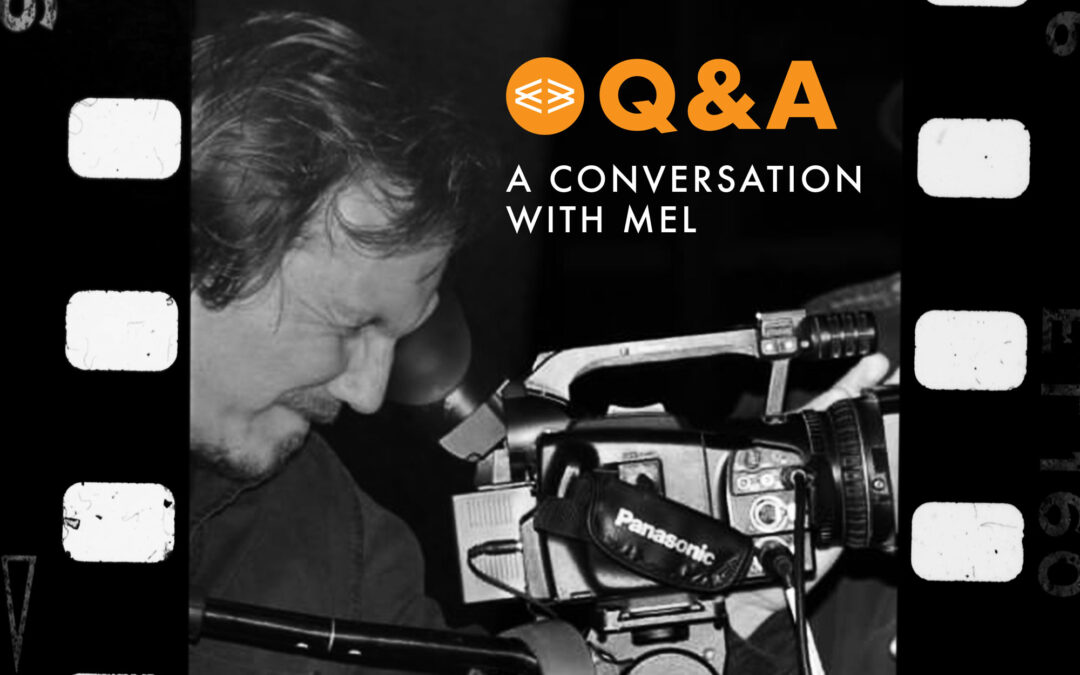
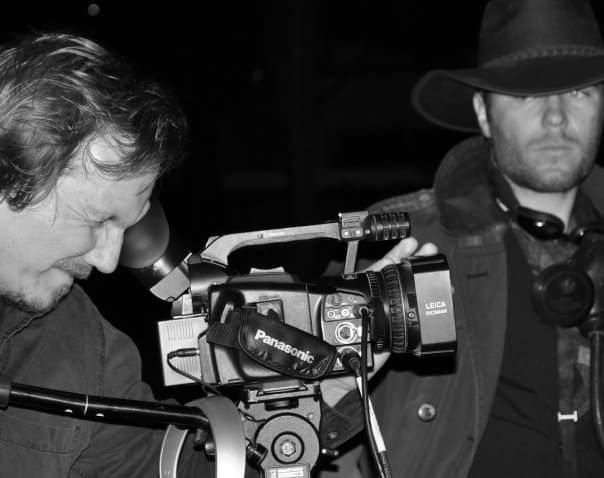
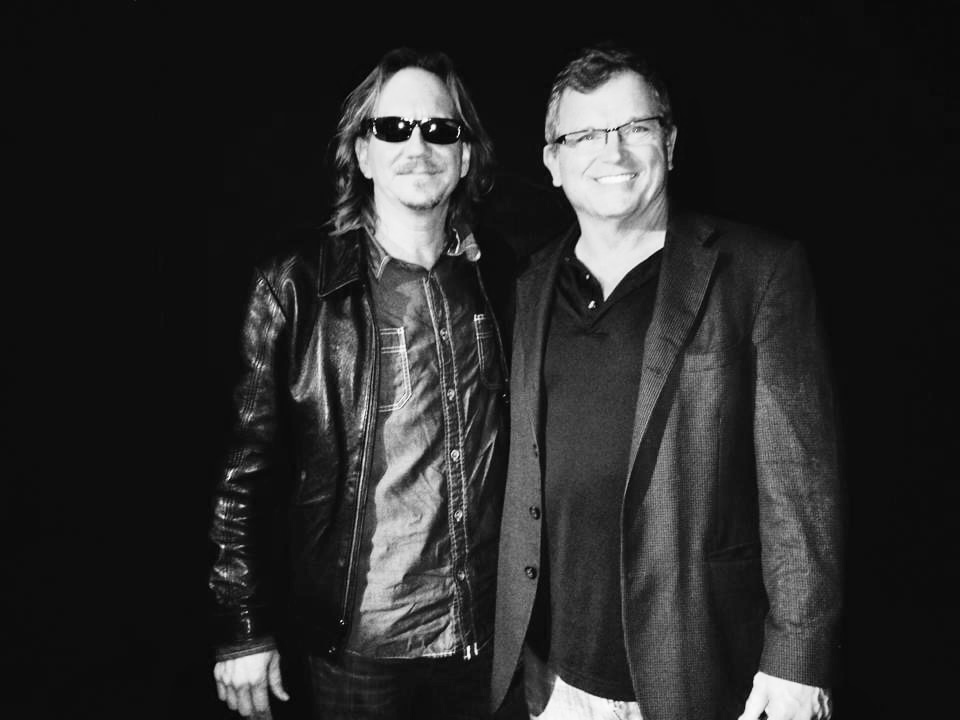
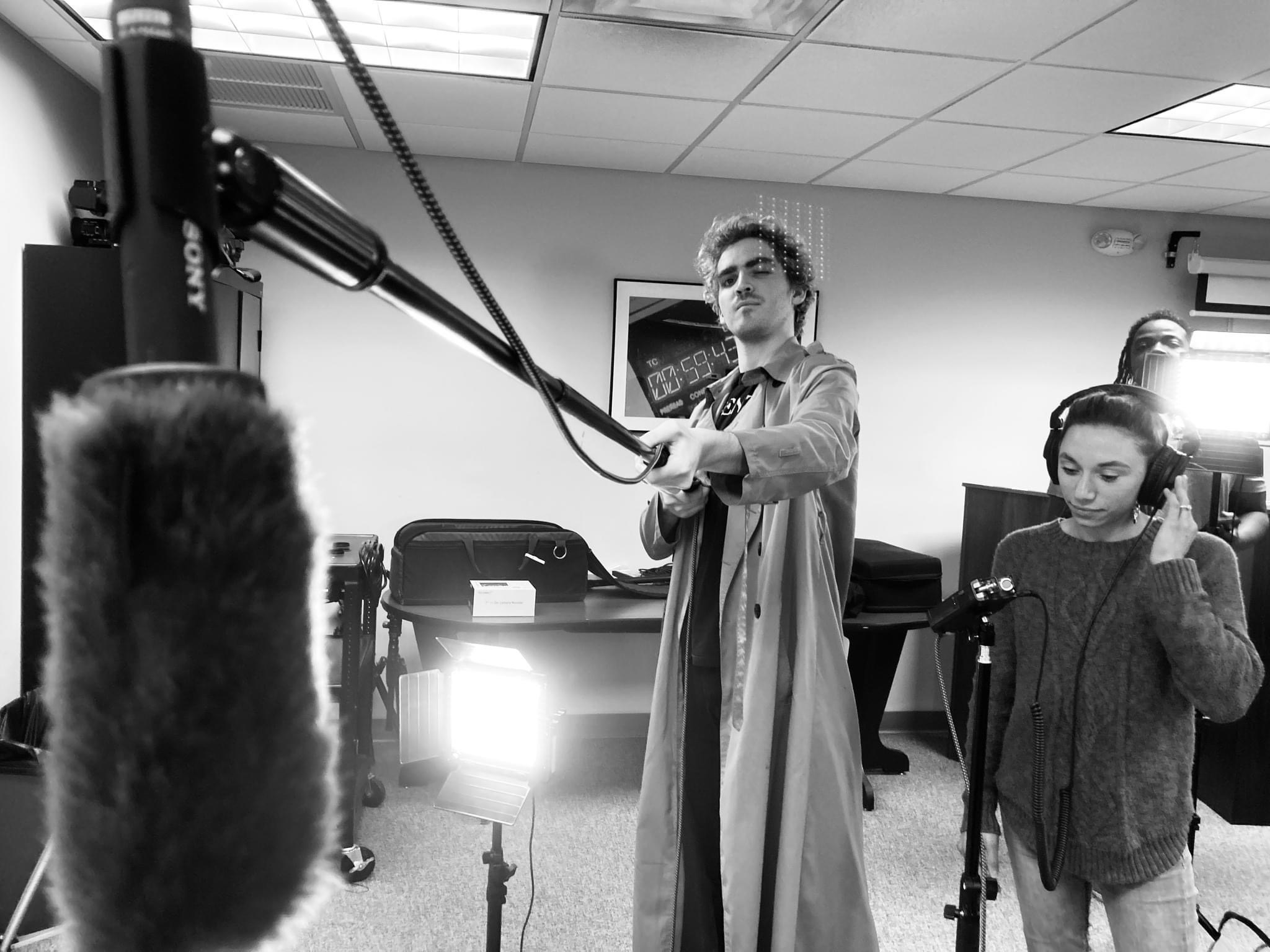
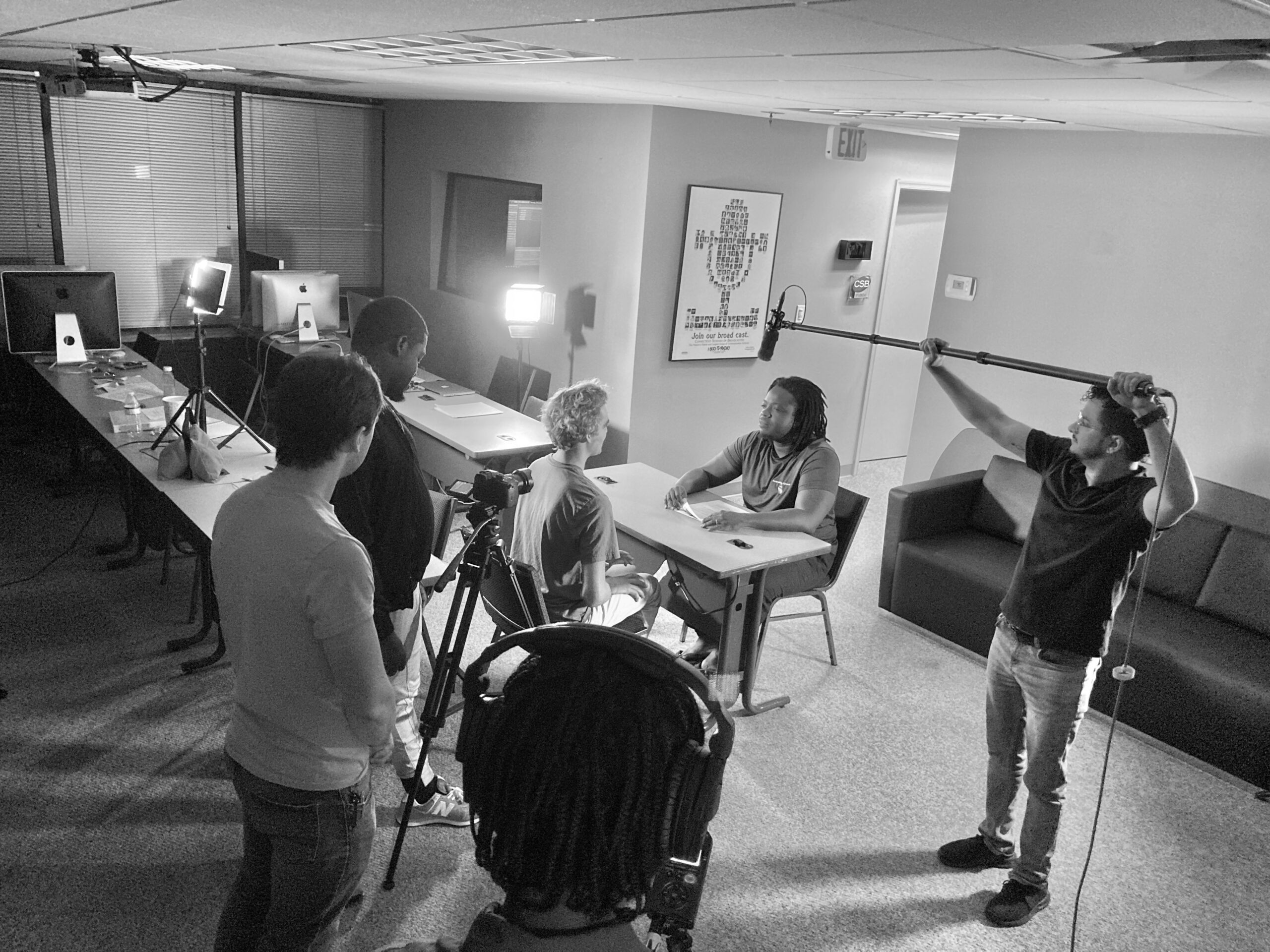
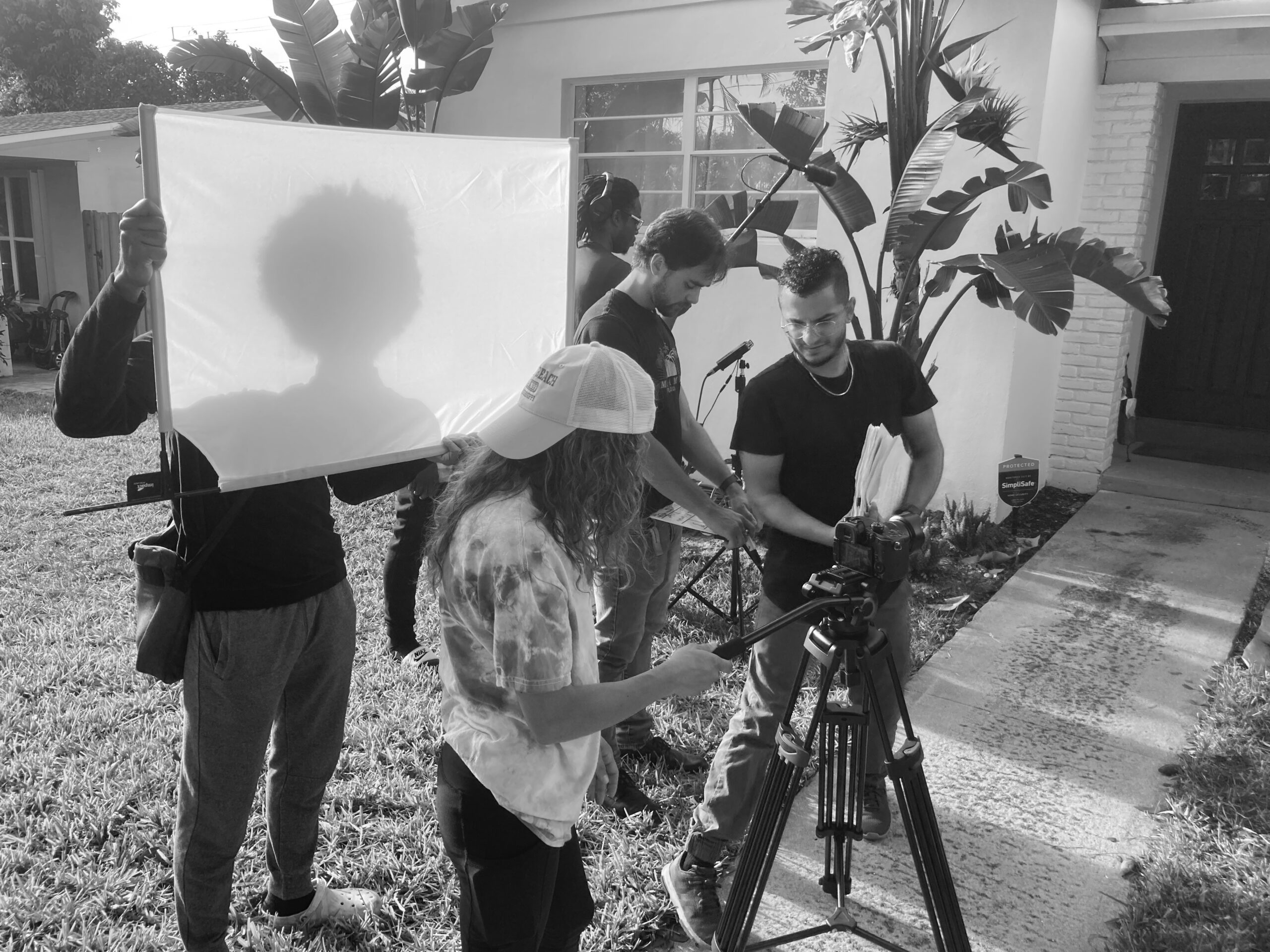
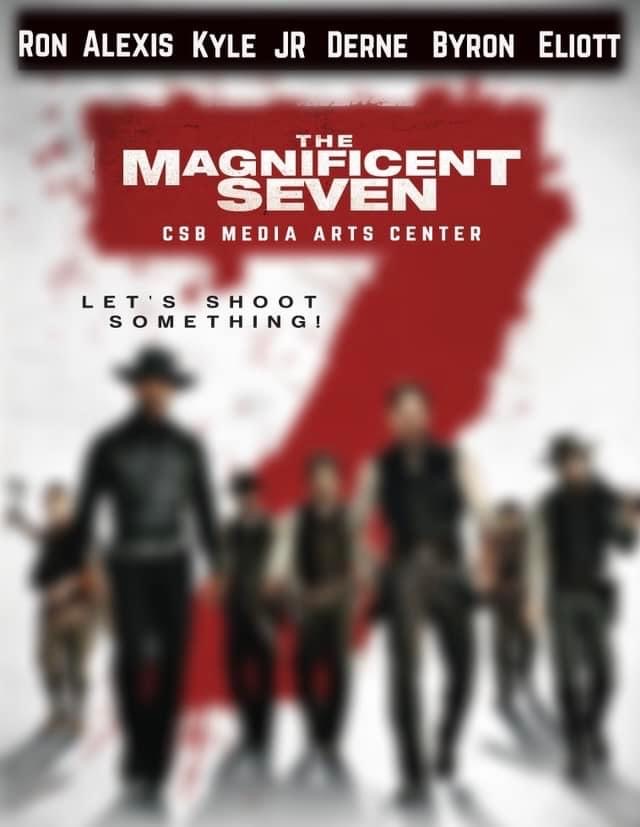
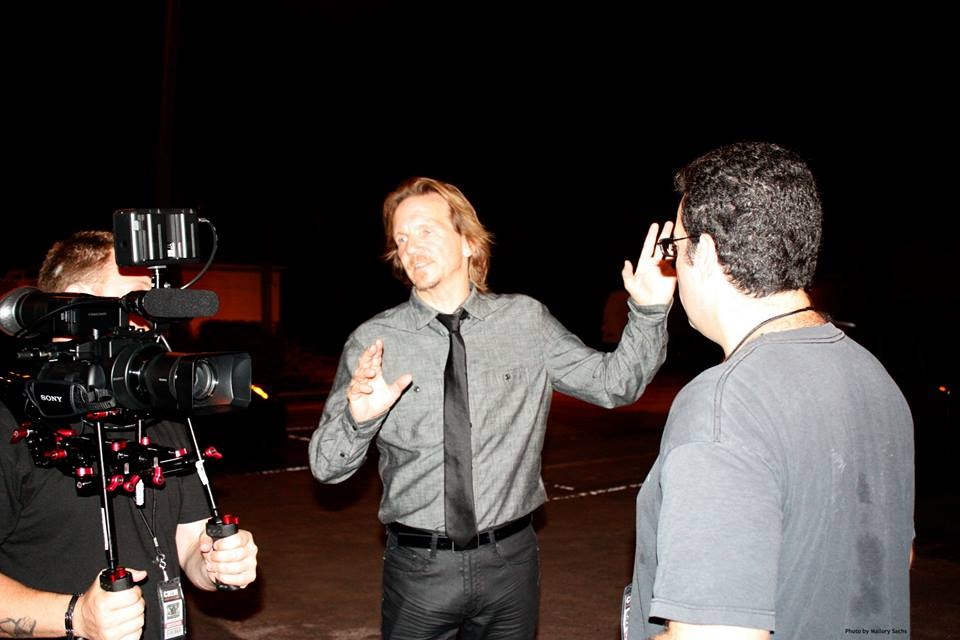
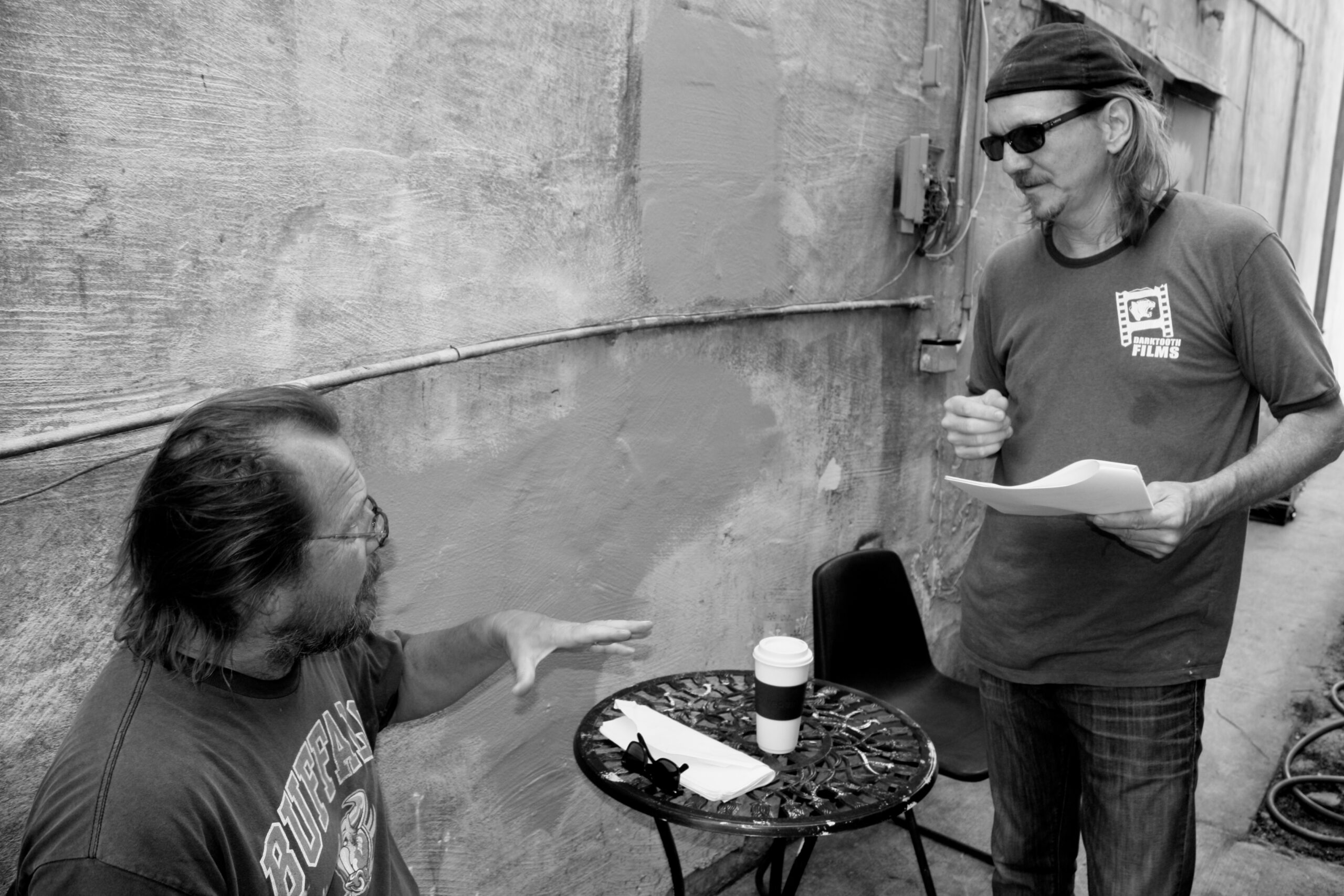
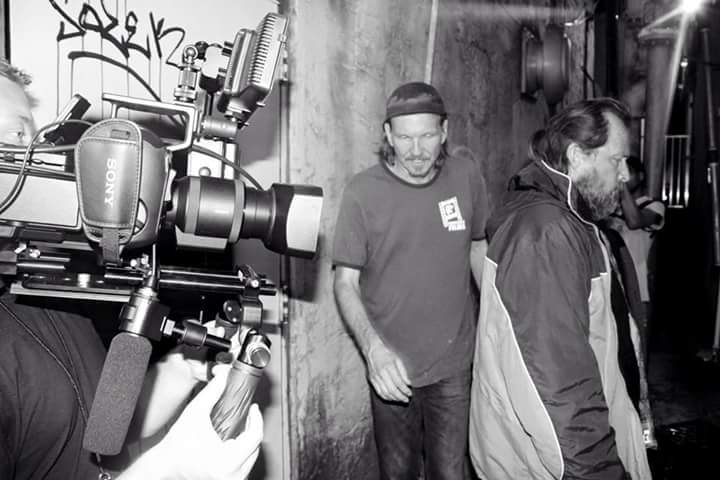
Recent Comments